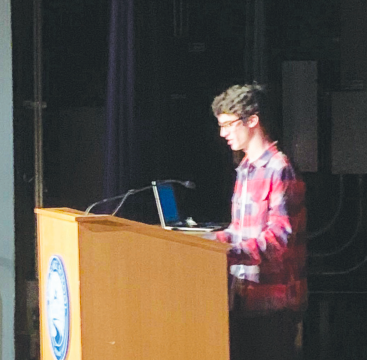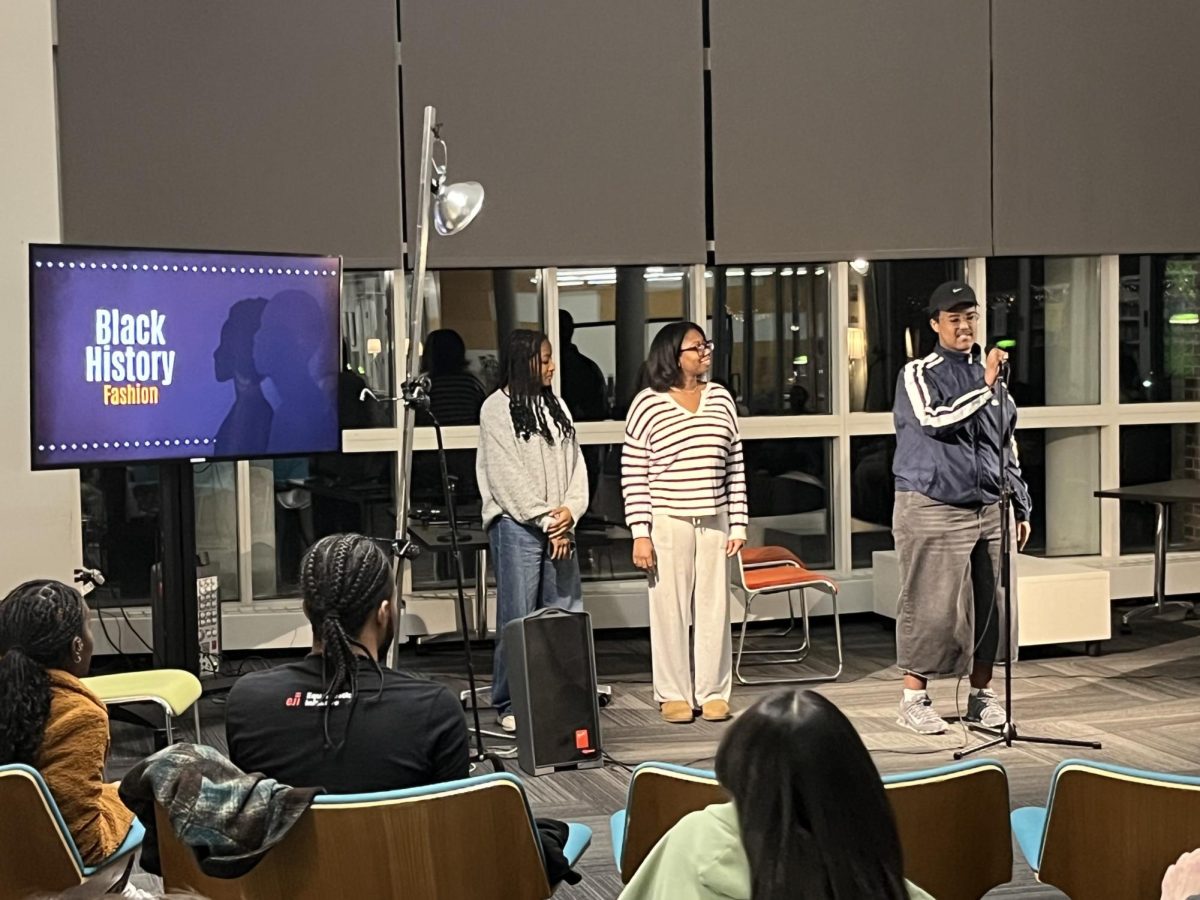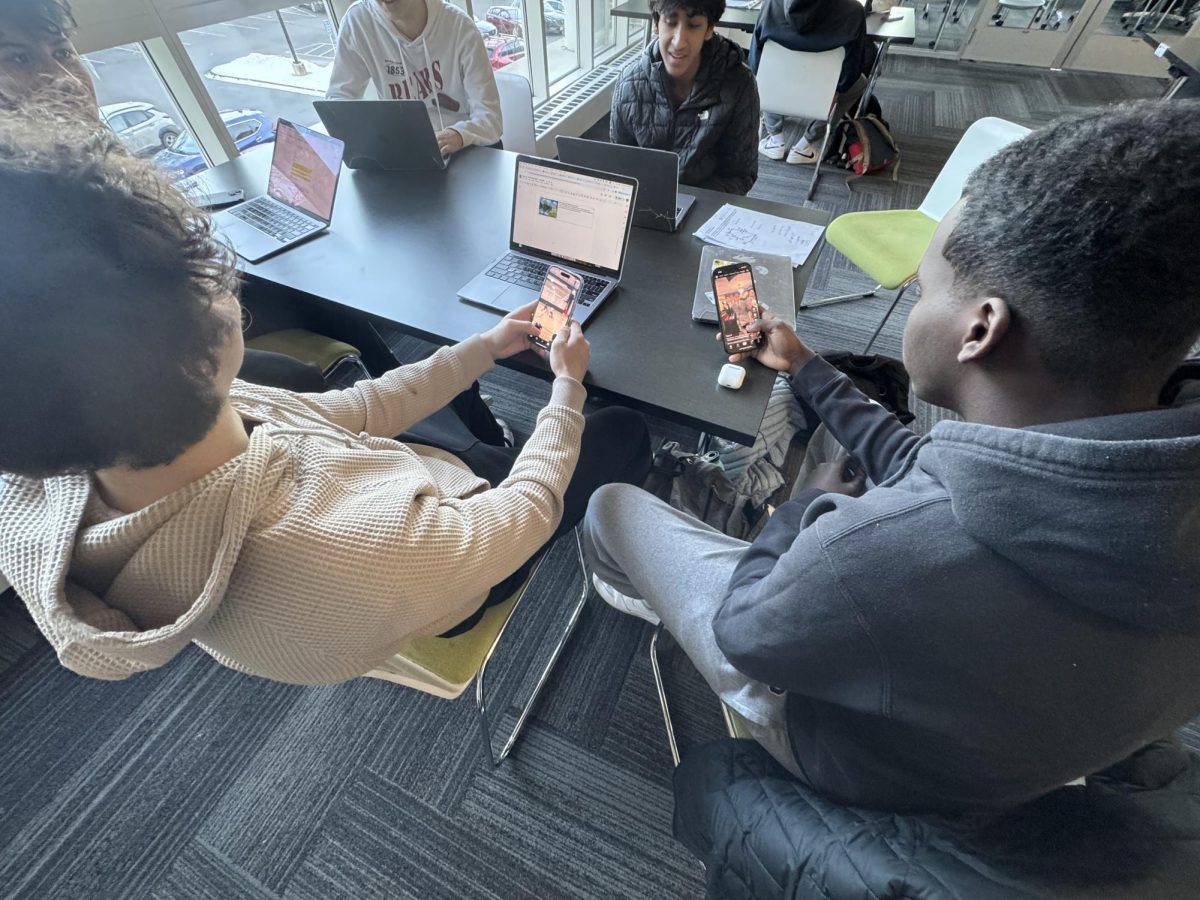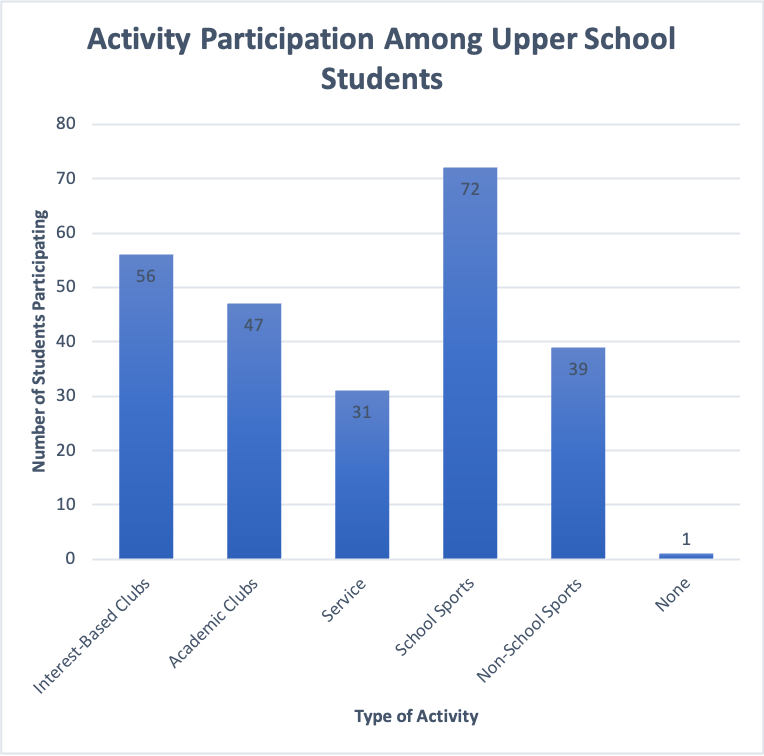
Giving a senior speech is often thought of as a right of passage for many seniors as it is an opportunity to speak about something you are passionate about or raise awareness around a particular issue. However, although well-intentioned, the approval process for senior speeches is unclear to the community and at times, not extensive enough especially given the possibility for highly controversial and offensive speech topics.
For those who are not in the Senior Seminar class, it is difficult to understand the ways different speech topics are moderated and approved. Sandy Berkowitz, Communications and Senior Seminar teacher, explains that, “The goal is for people to come up with a speech that they want to give. So there is no pre-approved list of topics or anything like that. It is really about what do people want to give, within the idea that you want to make it a persuasive speech.” Berkowitz goes on to emphasize that it is not about limiting senior speech topics, rather, “it is really about how we treat a topic.”
Allowing seniors the chance to give their speech on a topic that is important to them is a key part of the approval process, however, there needs to be greater awareness surrounding the impact of various speeches. Madison Swenson ‘22 shares her thoughts surrounding the moderation of senior speech topics, “I think that if [the senior] feels comfortable giving the speech and they feel like prepared for whatever backlash there is, then yes [they should be able to give their speech on any topic] as long as it doesn’t offend any specific group. What I mean by that is like Molly [Liston ‘22] gave a speech on people who enforce gender binaries onto a genderless bathroom and I think that is something that needs to be catered towards a specific group of people and kind of criticizing that group isn’t something that is offensive… it is just simply constructive criticism so I think as long as it falls into that category of criticism, it’s fine.”
Being conscious of the effect that different topics will have on the audience, including any backlash or emotional distress that arises, is crucial when approaching controversial speeches. Berkowitz highlights the importance of the audience’s role, explaining, “[Y]ou might be really passionate about a particular issue but you have to keep in mind the audience and what you want from them… [It is about] providing the student the opportunity to give the speech that they want but at the same time have them consider the importance of the role of the audience and how we speak to the audience.”
The chance to learn how to present controversial topics to a diverse audience is a key skill. However, it is important to understand that the impact of someone’s speech has a wide reach, therefore affecting people differently. We need to allow for discourse while ensuring that our community does not give blatantly offensive speeches a platform.








